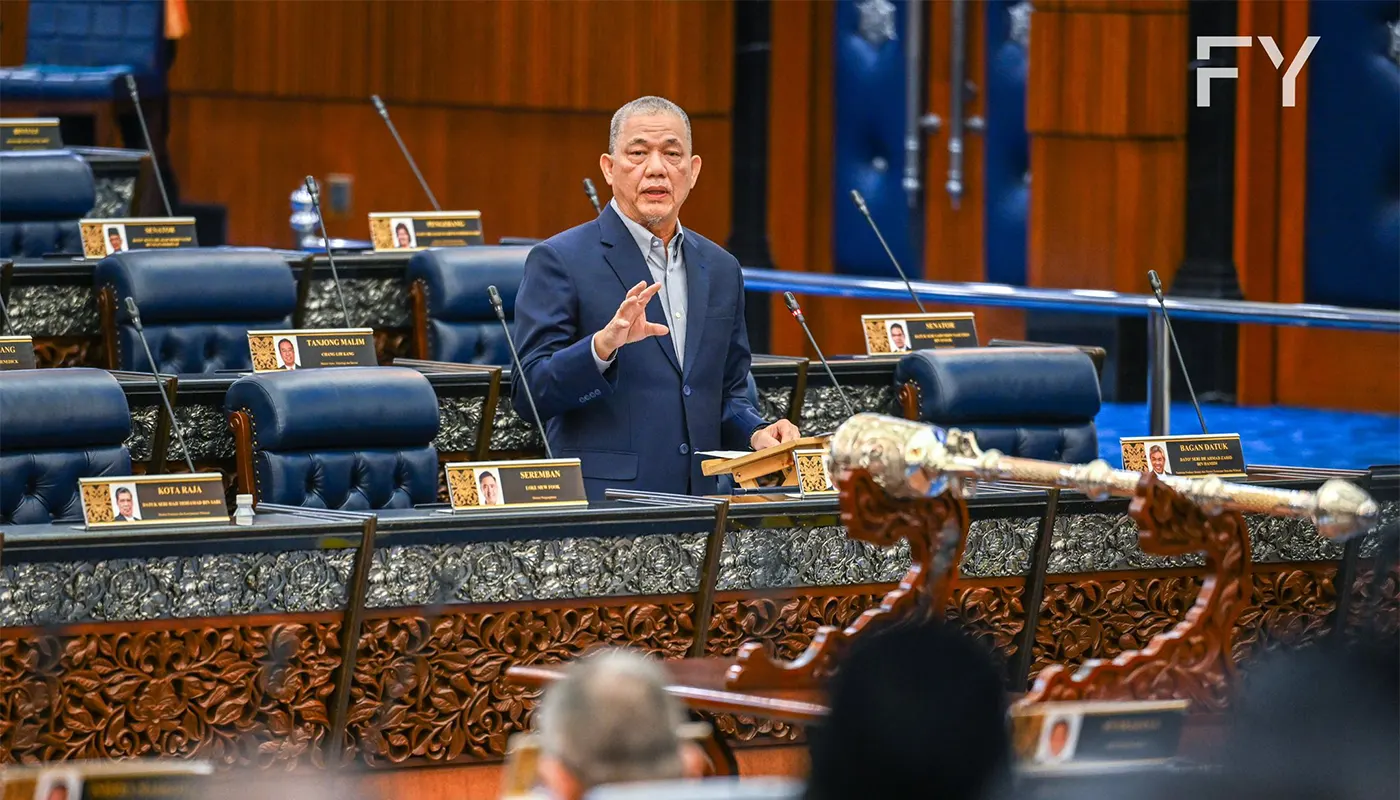KUALA LUMPUR – The new electricity tariff schedule implemented in Peninsular Malaysia on 1 July 2025 is designed to support the country’s energy transition agenda, promote fair cost distribution, and maintain affordability for the majority of consumers.
Deputy Prime Minister and Minister of Energy Transition and Public Utilities, Fadillah Yusof, said the revised structure reflects the actual cost of supplying electricity and is based on four core principles: transparency in tariff setting, cost-reflective rates, equitable cost distribution, and minimal impact on domestic consumers.
The announcement was made in Parliament during a response to Sungai Petani MP Dr. Mohammed Taufiq bin Johari, and later shared in detail on Fadillah Yusof’s official Facebook page.
The previous tariff schedule, which had been in place since 2014, no longer aligned with current developments in the electricity sector. The new structure addresses a previous imbalance, where 91% of the cost was based on energy consumption and only 9% on fixed infrastructure.
“This new structure introduces clear components such as energy charges, capacity charges, network charges, and retail charges,” Fadillah stated, adding that the aim is to educate consumers and encourage more informed energy usage decisions.
A significant shift in the tariff framework is that rates are now based on the voltage level of connection rather than economic activity, which is intended to prevent discrimination among non-domestic users and align cost with actual energy supply demands.
Fadillah noted that 85% of electricity consumers will not face any increase in their bills under the new schedule, provided their usage remains consistent.
In support of sustainability goals, the government is also offering energy efficiency incentives:
- Domestic consumers using up to 1,000 kWh/month receive incentives to promote efficient usage.
- Consumers using 600 kWh and below continue to benefit from retail charge exemptions and Automatic Fuel Adjustment (AFA) cost waivers.
- Micro, Small and Medium Enterprises (MSMEs) using 200 kWh and below are also eligible for incentives.
The AFA mechanism replaces the earlier Imbalance Cost Pass-Through (ICPT) system, and aims to stabilise monthly bills while reflecting real fuel costs.
To avoid confusion, the Ministry, together with the Energy Commission (EC) and Tenaga Nasional Berhad (TNB), has published educational materials and infographics explaining the revised components. Consumers seeking further clarification are encouraged to contact TNB Careline directly.
The restructuring, according to Fadillah, is also part of a larger push to get non-domestic users to explore renewable energy (RE) options and play a more active role in achieving Malaysia’s net-zero emissions target by 2050.






